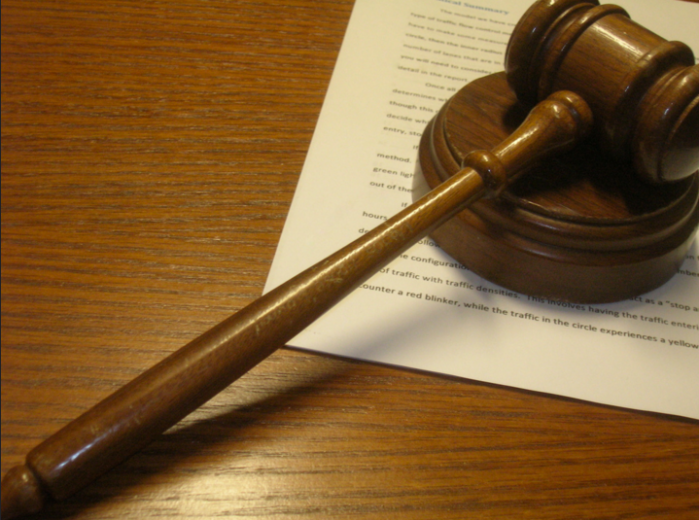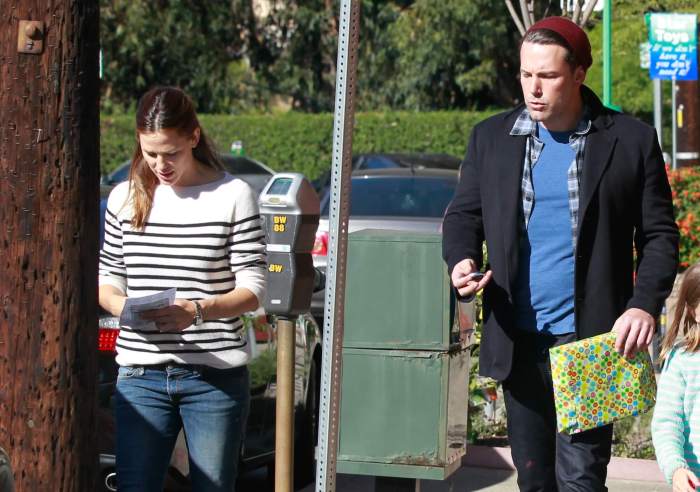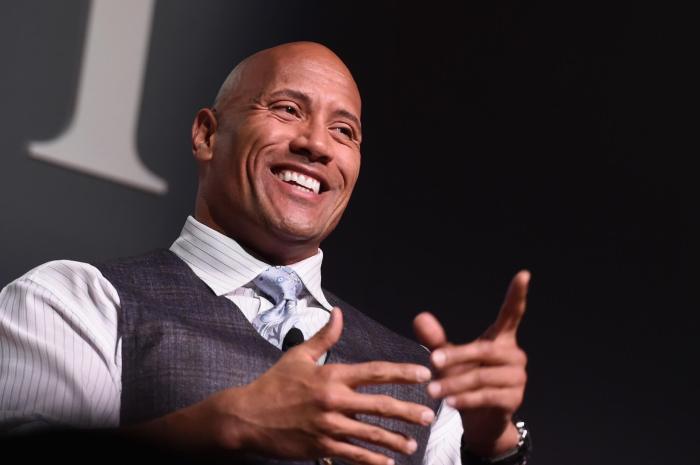The last thing Kaeran Reyes-Little wants is for his son Darius to repeat his mistakes, of which Reyes-Little said he had more than a few.
“The basic stereotype of young men of color in New York?” the 25-year-old said, “I was a very good example of that.”
RELATED: Artists invoke Dante de Blasio to keep police, race conversation alive But a few close calls with law enforcement and school authorities didn’t prepare Reyes-Little for his biggest challenge yet: being a teenage dad. He dropped out of school at 17 and, having grown up without his own father, said he began focus exclusively on his son’s well-being. It’s a challenge many of the young men who step have stepped into classrooms organized by the CUNY Fatherhood Academy have come to grips with since the program launched in 2013. Even more of them will get to do the same as the de Blasio administration announced a total $2.1 million investment into the initiative. That means the program will grow outside of its home in LaGuardia Community College in Long Island City and offer its services to young fathers between the ages of 18 and 25 at the South Bronx’s Hostos Community College and Kingsborough Community College in Brooklyn. “Many of these guys are learning to be adults while they’re parents,” said Raheem Brooks, the program’s coordinator. “They’re basically learning on the job.” RELATED: New app guides NYC parents through school data
The free, four-month workshop has participants inside a college classroom three days a week, with each father getting a crash course designed to push their educations and parenting skills.
Many of the students are able to pursue their GED, while other get a hand with college applications and financial aid to pursue higher studies. They also learn how to change diapers.
Having dropped out at 17, Reyes-Little did odd jobs to pay for his son’s needs. He managed to get a GED on his own, but pursued the academy after he heard one piece of advice.
“This whole time I felt like my life is over after having a kid, and that I should just do what I can to take care of him,” he said. “But then I realized I can give him a better life and make sure he’s okay by also taking care of myself.” RELATED: Mayor Bill de Blasio promises universal computer education, higher grad rates by 2026 Deputy Mayor Richard Buery praised the Fatherhood Academy’s work when he joined students to celebrate the city’s investment. He told Metro New York that investment and confidence in the program’s ability to reach young men of color is reflective of the fathers’ own willingness to ask for help. “The normal narrative is that they not show vulnerability, don’t ask for help — that’s not being a man,” Buery said. “These young men are really defining what it means to be a man, to stand up and say, ‘I want to be a better father.'” “It’s hard — there’s no rubric,” he added, “but these young men are getting something really any father can benefit from. They are trying, and we have to meet with them halfway. It’s our loss when we don’t answer their call.” The de Blasio administration pointed to a series of successes over the year for academy participants, including a 61 percent average pass rate for high school equivalency exams — higher than the statewide 56 percent. RELATED: Report: Arts education lacking in low-income New York City neighborhoods Even so, Brooks readily admits not everyone passes the program, nor is the program necessarily for everyone. After a rigorous screening process and weeks of workshops, some young men come back to retake exams and see gradual improvement. “Each person has their version of success,” he said. “Some just want to pass a test, or be a part of a graduation ceremony, or find employment or go to college. You come in here with one goal and often come out with something else.” Reyes-Little didn’t step through the doors with any real expectations, he said. A few months later, he graduated and began his full-time studies for an associates degree in philosophy.
He pays the bills by working for the same academy that helped him, and earned a scholarship to pay his tuition — all while trying to be a single father present in his son’s life.
At home, Reyes-Little looks in on Darius as the 7-year-old takes a break from reading the second Harry Potter book to watch a movie one recent Sunday morning. The two will get ready for school by the evening, and Reyes-Little will do what he can to help with his son’s math homework. Math was never Reyes-Little’s strongest subject, but he jokes he’s just barely able to still help his son. He’d rather talk about Immanuel Kant in between Harry Potter chapters.
“I’m just concerned he’s going to pass me,” he said, “hopefully not by the time he’s 8.”
























